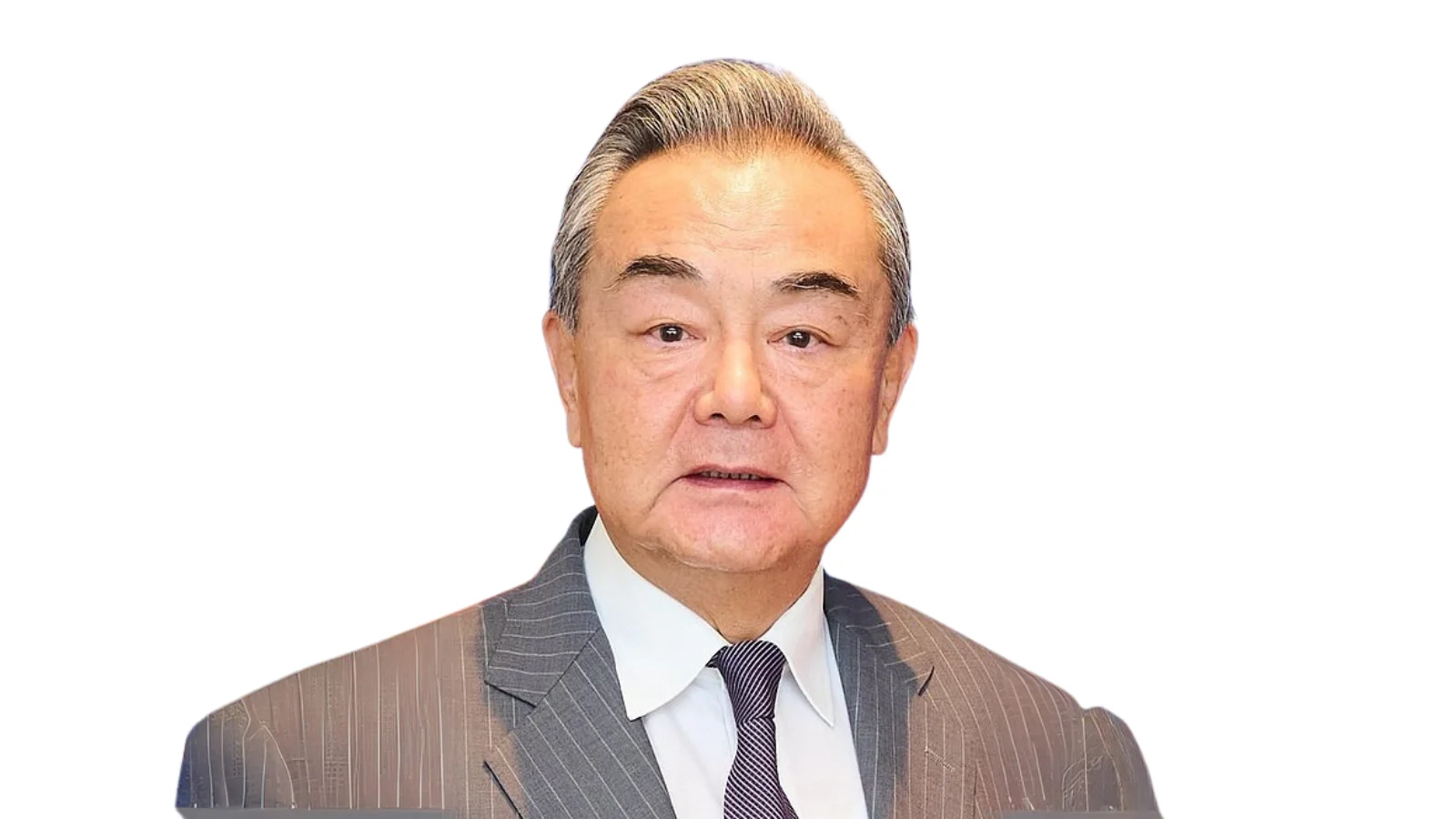China has increased its activities in the Indo-Pacific region while the United States, under the Trump administration, has shown little response. According to Brookings scholar Lynn Kuok, China made a formal assertion of sovereignty over a previously unoccupied land feature in the South China Sea in April. Beijing has also continued military pressure on Taiwan, notably during the Strait Thunder-2025A exercise. These actions appear to be part of a broader strategy to establish new norms for its activities in the region.
Chinese Foreign Minister Wang Yi expressed concern to his European Union counterpart that the U.S. might focus more on China and the Indo-Pacific after the Ukraine conflict ends. This has prompted Beijing to act quickly to consolidate its position.
The Trump administration’s focus on trade disputes and technology issues with China has left less attention for regional security concerns. The administration blocked Taiwan’s President Lai Ching-te from transiting New York, reportedly to avoid upsetting Beijing. There has been minimal public response from U.S. officials following incidents such as China's flag planting at Sandy Cay and water-cannoning Philippine vessels near disputed features.
After tariff hikes by the U.S., Chinese President Xi Jinping convened a Central Conference on Work Related to Neighboring Countries, which was likely planned in advance but served as an opportunity for Xi to update guidance for managing regional affairs during Trump’s second term. This conference elevated peripheral diplomacy within China’s foreign policy priorities.
Following this, Xi called Indonesian President Prabowo Subianto and visited Cambodia, Malaysia, and Vietnam—countries considered key “swing states” in Southeast Asia due to their balancing between major powers. Premier Li Qiang also visited Indonesia and attended a summit with ASEAN and Gulf Cooperation Council leaders in Malaysia. These moves reflect China’s efforts to strengthen economic ties with regional countries as U.S. protectionism grows after its withdrawal from the Trans-Pacific Partnership.
Beijing's charm offensive is coupled with assertive actions at sea. The assertion of sovereignty over Sandy Cay came soon after U.S.-Philippines military exercises but did not provoke a significant U.S. response beyond initial expressions of concern by White House spokesperson James Hewitt. Subsequent incidents were condemned by Secretary of State Marco Rubio and Defense Secretary Pete Hegseth but lacked specific reference to Sandy Cay or further action.
In Taiwan, Beijing continues large-scale military exercises around the island without substantial reaction from Washington beyond general statements urging restraint.
The commentary notes that although there were early diplomatic signals of support for allies—such as convening Quad meetings and hosting regional leaders—the Trump administration’s subsequent focus on other international crises and trade measures undermined these efforts. Allies like Australia have voiced concerns about reviews of security arrangements such as AUKUS following Chinese naval drills nearby.
The article concludes that unless the administration adopts more concrete measures—such as arms sales to Taiwan or freedom of navigation operations—China is likely to interpret current U.S. policy as tacit approval for continued expansion of influence in the region.




